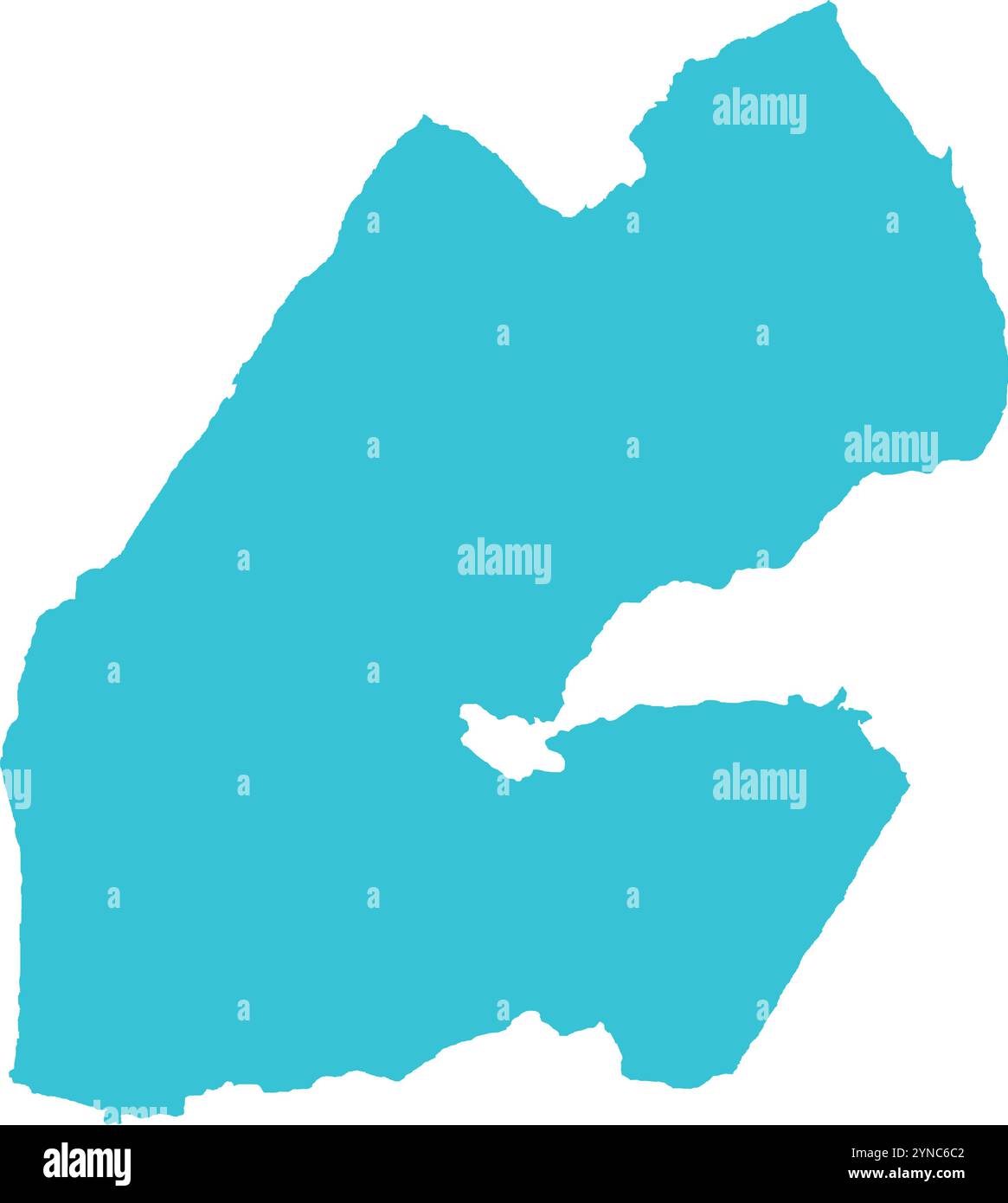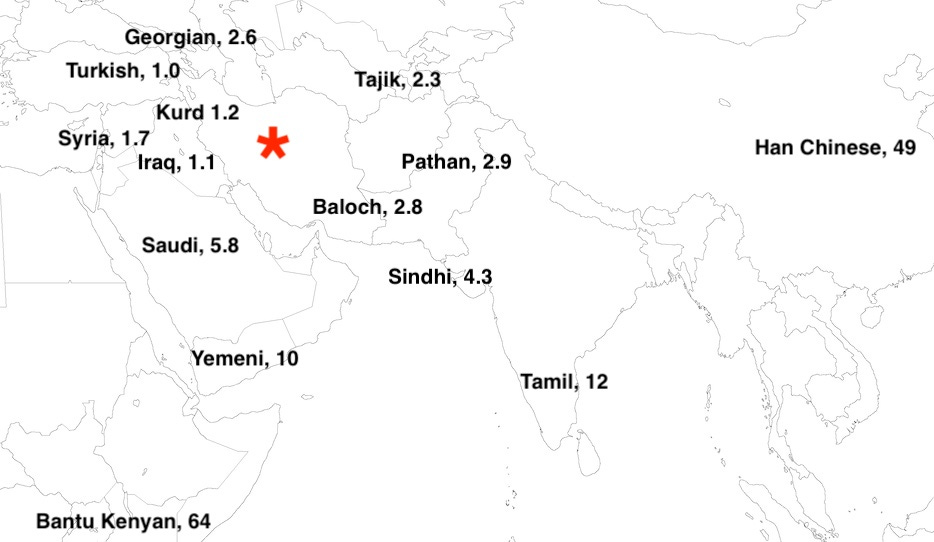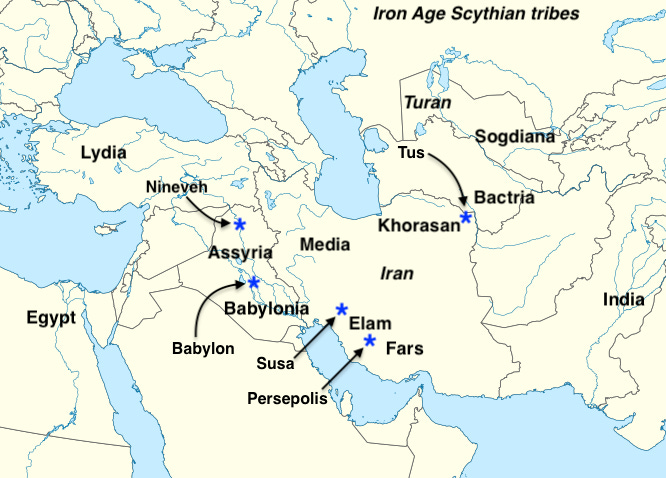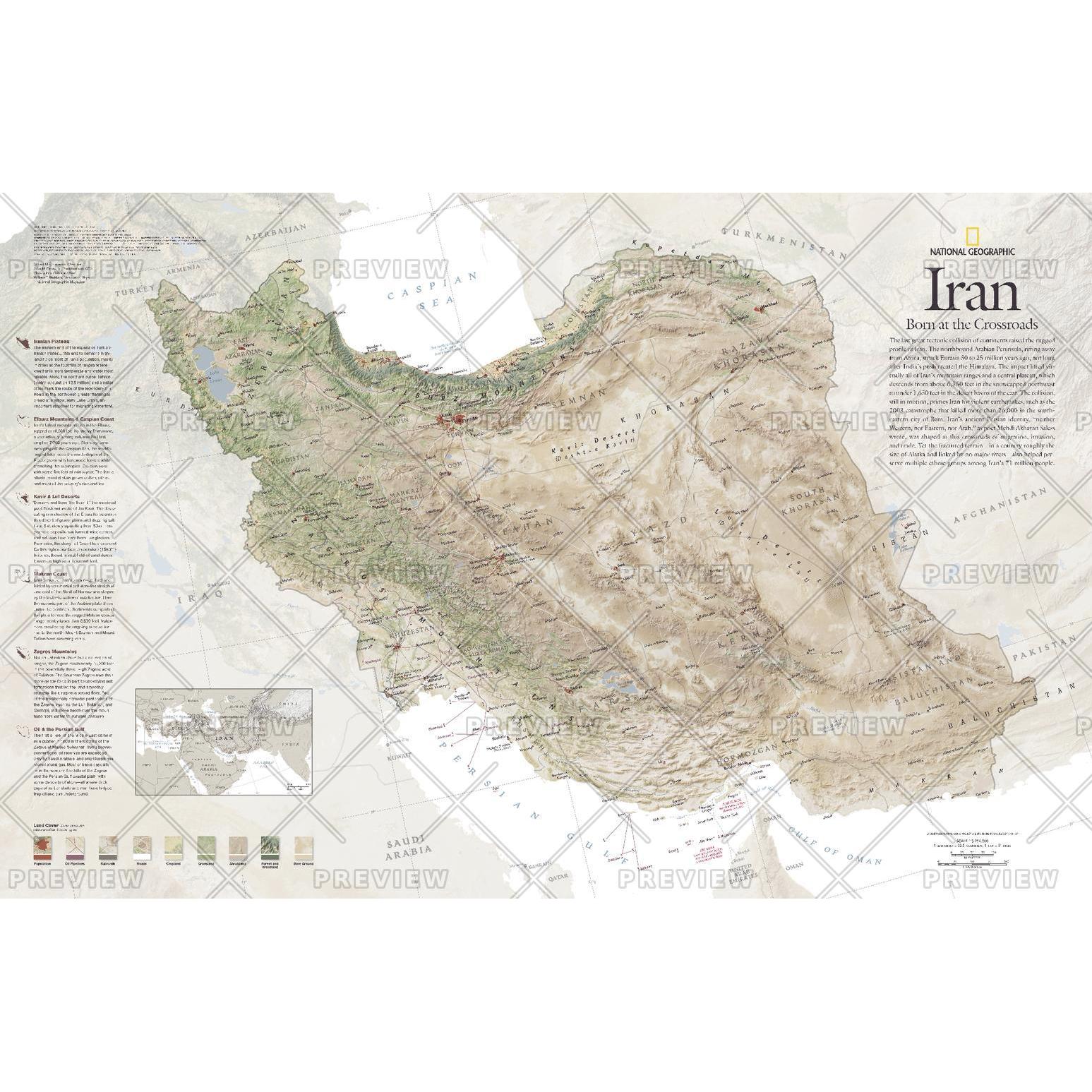Djibouti: A Geographic And Geopolitical Crossroads – Unveiling The Map
Djibouti: A Geographic and Geopolitical Crossroads – Unveiling the Map
Associated Articles: Djibouti: A Geographic and Geopolitical Crossroads – Unveiling the Map
Introduction
On this auspicious event, we’re delighted to delve into the intriguing matter associated to Djibouti: A Geographic and Geopolitical Crossroads – Unveiling the Map. Let’s weave fascinating info and supply contemporary views to the readers.
Desk of Content material
Djibouti: A Geographic and Geopolitical Crossroads – Unveiling the Map

Djibouti, a tiny but strategically vital nation within the Horn of Africa, holds a place of immense geopolitical significance disproportionate to its measurement. Understanding Djibouti requires greater than only a look at a map; it calls for a deep dive into its geographical options, their influence on its historical past, and their persevering with affect on its current and future. This text will discover the geography of Djibouti, its location inside the broader context of the Horn of Africa, and the implications of its distinctive place.
A Land of Extremes: The Geographic Panorama of Djibouti
Djibouti’s map reveals a land sculpted by volcanic exercise and aridity. Masking a mere 23,200 sq. kilometers, it’s roughly the scale of the US state of Vermont. The nation is predominantly desert, characterised by huge expanses of arid lowlands, salt flats, and volcanic highlands. The panorama is dramatic and unforgiving, a testomony to the forces that formed it over millennia.
Probably the most distinguished geographical function is the Nice Rift Valley, a geological marvel that stretches 1000’s of kilometers throughout jap Africa. Djibouti sits squarely inside this rift, explaining its volcanic exercise and the presence of a number of energetic and dormant volcanoes. The presence of those volcanoes contributes to the nation’s geothermal potential, a useful resource presently being explored for power manufacturing. The rift additionally creates dramatic topographical variations, from deep depressions like Lake Assal, one of many lowest factors on Earth, to the elevated plateaus and mountain ranges that dominate the inside.
The shoreline, roughly 370 kilometers lengthy, is characterised by a number of bays and inlets, most notably the Gulf of Tadjoura and the Gulf of Aden. These pure harbors have been essential to Djibouti’s historical past, serving as important ports for commerce and maritime exercise since antiquity. The Purple Sea, a slim, strategically necessary waterway connecting the Indian Ocean to the Mediterranean Sea, borders Djibouti to the west, additional emphasizing its geopolitical significance.
Water Shortage: A Defining Problem
Djibouti’s arid local weather presents a big problem: water shortage. Rainfall is erratic and rare, resulting in a extreme lack of floor water assets. The nation depends closely on groundwater, however even this useful resource is proscribed and weak to depletion. The supply of potable water is a continuing concern, impacting each the inhabitants and the nation’s financial improvement. The shortage of ample freshwater assets considerably limits agricultural potential, forcing Djibouti to rely closely on imports for meals safety. Efforts to enhance water administration and discover various water sources are essential for the nation’s sustainable improvement.
The Strategic Location: A Geopolitical Crossroads
The map of Djibouti highlights its essential location on the crossroads of main maritime commerce routes. Located on the southern entrance to the Purple Sea, it instructions a strategic place overlooking the Bab-el-Mandeb strait, a slim waterway connecting the Purple Sea to the Gulf of Aden and the Indian Ocean. This strait is among the world’s busiest transport lanes, carrying a good portion of world commerce, significantly oil shipments from the Center East to Europe and Asia.
This strategic location has made Djibouti a coveted territory all through historical past. Its ports have been managed by varied empires and powers, together with the French, who colonized the area within the late nineteenth century. This colonial previous profoundly formed Djibouti’s political and financial panorama. Even after independence in 1977, Djibouti’s geographical place continued to affect its relations with regional and international powers.
The Port of Djibouti: An Financial Lifeline
The Port of Djibouti, one of many busiest and most fashionable ports within the area, is the financial engine of the nation. Its deepwater harbor can accommodate giant vessels, making it an important hub for regional and worldwide commerce. The port’s strategic location and environment friendly infrastructure have attracted vital funding, remodeling it into a serious transit level for items destined for neighboring nations like Ethiopia, South Sudan, and Uganda, that are landlocked. This function as a regional commerce hub reinforces Djibouti’s significance inside the wider East African financial system.
Past industrial transport, the port additionally helps vital navy exercise. Djibouti hosts a number of international navy bases, together with these of america, France, Japan, and China. This presence displays the worldwide strategic significance of the nation and its location. The financial advantages of internet hosting these bases are vital, however additionally they increase issues in regards to the potential for elevated navy tensions and the implications for Djibouti’s sovereignty.
Environmental Considerations: A Fragile Ecosystem
Djibouti’s arid surroundings is especially weak to environmental degradation. Desertification, pushed by local weather change and unsustainable land use practices, poses a big menace. Overgrazing, deforestation, and soil erosion contribute to the lack of fertile land and biodiversity. The nation’s restricted water assets are additionally beneath stress from rising inhabitants and industrial actions. Addressing these environmental challenges is essential for guaranteeing the long-term sustainability of Djibouti’s ecosystem and its individuals.
Challenges and Alternatives: The Way forward for Djibouti
Regardless of its strategic location and financial potential, Djibouti faces vital challenges. Poverty, unemployment, and restricted entry to schooling and healthcare stay urgent points. The nation’s dependence on just a few sectors, significantly the port and associated providers, makes it weak to exterior shocks. Addressing these challenges requires diversification of the financial system, funding in human capital, and sustainable improvement practices.
Nevertheless, Djibouti additionally possesses vital alternatives. Its strategic location, fashionable port infrastructure, and rising regional connectivity supply potential for additional financial development. The event of renewable power assets, resembling geothermal energy, can contribute to sustainable improvement and power safety. Investing in schooling, healthcare, and good governance are essential for unlocking Djibouti’s full potential and guaranteeing a extra affluent future for its residents.
Conclusion:
The map of Djibouti is greater than only a geographical illustration; it’s a highly effective image of the nation’s distinctive place and its complicated interaction with regional and international dynamics. Its strategic location on the crossroads of main commerce routes has formed its historical past and continues to affect its current and future. Addressing the challenges of water shortage, environmental degradation, and financial diversification is essential for guaranteeing a sustainable and affluent future for this small however remarkably vital nation. Understanding Djibouti’s geography is important for understanding its previous, current, and the trajectory of its future inside the ever-evolving geopolitical panorama of the Horn of Africa.








Closure
Thus, we hope this text has supplied helpful insights into Djibouti: A Geographic and Geopolitical Crossroads – Unveiling the Map. We thanks for taking the time to learn this text. See you in our subsequent article!